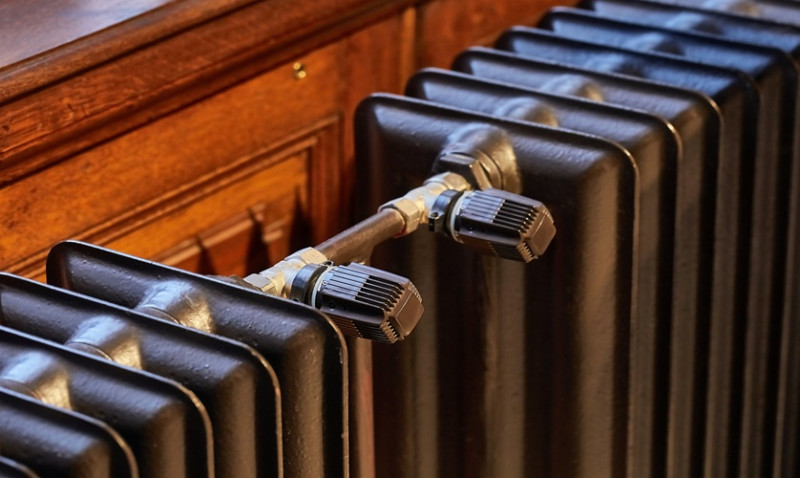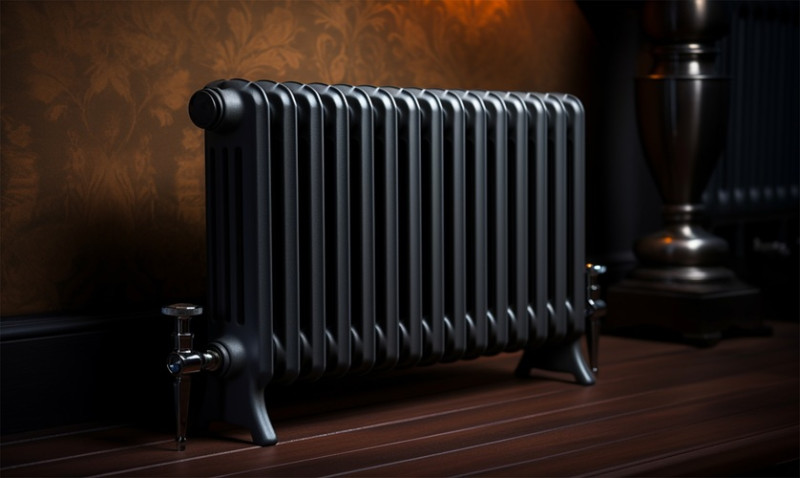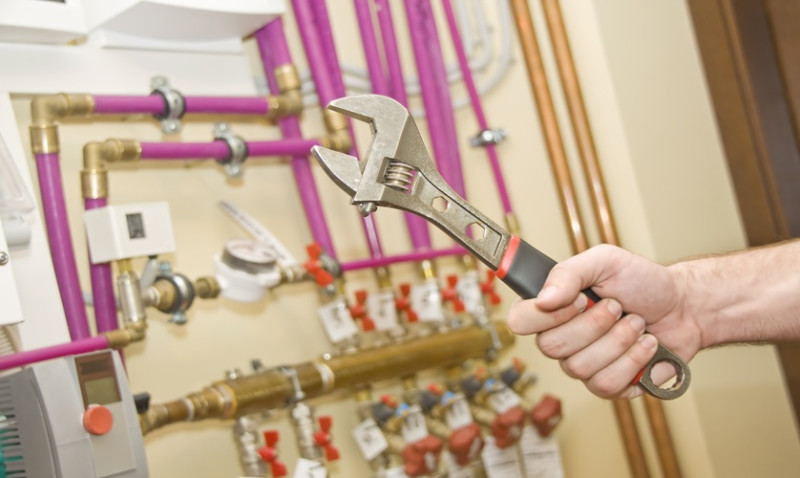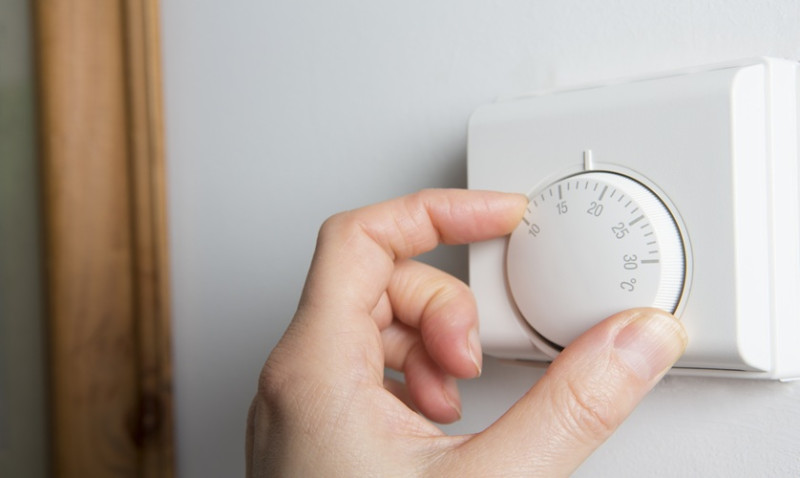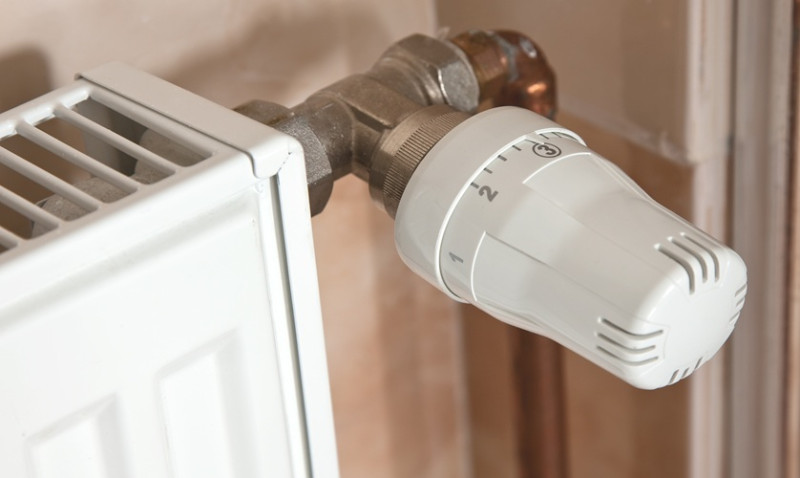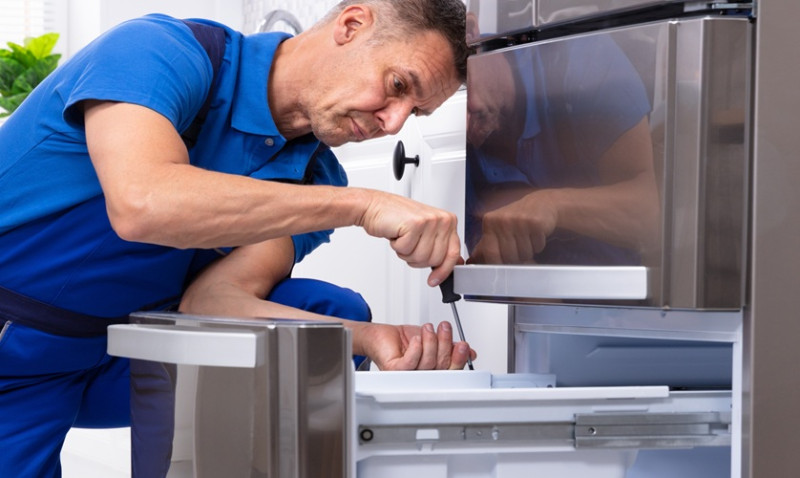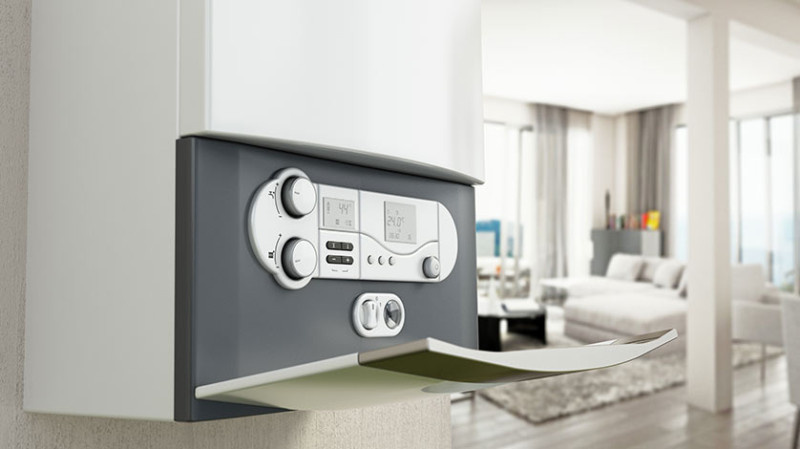
When upgrading your home's heating system or planning a new build project, one of the most important decisions you'll face is choosing the right type of boiler. In the UK, the two most commonly installed systems are the combination (combi) boiler and the conventional (also known as regular or traditional) boiler. Understanding the key differences can help you make an informed decision that suits your property type, household size, and energy requirements.
Whether you’re a DIY enthusiast planning a renovation, a homeowner looking to improve energy efficiency, or a professional architect designing a modern living space, knowing your boilers will help ensure optimal performance and long-term savings. In this post, we’ll break down the distinctions between combi and conventional boiler systems, highlighting the pros and cons of each and guiding you toward the best choice for your needs.
What Is a Combi Boiler?
A combi boiler, short for “combination boiler,” is a highly efficient and compact heating system that provides both central heating and hot water directly from the boiler itself. It doesn’t require any additional water tanks or cylinders, which makes it especially popular in smaller homes, apartments, and modern flats across the UK.
When you turn on a hot tap or shower, the combi boiler heats water on demand. This instant hot water delivery is a major advantage for users who want reliable performance without storage limitations. Because combi boilers only heat the water you need, they can be a more energy-efficient solution, potentially saving money on your energy bills over time.
Size is one of the defining features of combi boilers. These units are typically wall-mounted and can fit snugly within a standard kitchen cupboard, making them an ideal choice for space-saving requirements and minimalist interior design schemes.
However, combi boilers have limitations when it comes to water pressure and simultaneous hot water demand. For example, if someone is running a shower while another person is filling a bath, a combi boiler may struggle to keep up, particularly in larger households that require high hot water flow rates.
This type of boiler is ideal for properties with one or two bathrooms and for homeowners who value simple installation and space-saving features. Many modern combi boilers come with smart technology integration, making it easy to control heating from a smartphone or smart home system—a big advantage for tech-savvy users and modern living spaces.
What Is a Conventional Boiler?
A conventional boiler, often referred to as a regular, traditional, or heat-only boiler, consists of several components: the boiler, a hot water storage cylinder (usually located in an airing cupboard), and a cold water storage tank (typically installed in the loft).
This system is designed to supply hot water to multiple taps and showers simultaneously without any significant loss in water pressure. That makes it well-suited to larger properties with higher hot water demands—such as family homes, period properties with older plumbing infrastructure, or multi-bathroom houses.
One of the significant advantages of conventional boilers is their reliability in providing consistent hot water throughout the home, even when demand spikes. This feature is essential for bigger families or shared homes in the UK, where multiple occupants may need hot water at the same time.
However, conventional systems do have some drawbacks. First, they require significantly more space than combi systems. The presence of a cold water tank and hot water cylinder means additional installation areas are required, typically in the loft and airing cupboard, which may not be suitable for all property types—especially new-builds or converted flats in urban areas.
Another consideration is the delay in hot water availability. Since water must be stored and kept warm in the cylinder, homeowners may have to wait for the tank to refill and reheat when it’s emptied—unlike combi boilers that provide hot water on demand.
While conventional boilers can be integrated with solar thermal systems and other renewable energy sources more easily than combi boilers, they typically involve a more complex installation process, which can mean higher upfront costs for both materials and labour.
Key Differences Between Combi and Conventional Boilers
To help you compare the two types of systems quickly, here’s a breakdown of the main differences:
| Feature | Combi Boiler | Conventional Boiler |
|---|---|---|
| Hot Water Source | On demand (no storage) | Stored in hot water cylinder |
| Water Tanks Required | None | Hot water cylinder & cold water tank |
| Installation Space | Compact – ideal for small homes | Requires more space – suitable for larger homes |
| Simultaneous Hot Water Usage | Limited – may struggle with multiple taps | Excellent – can serve multiple bathrooms simultaneously |
| Energy Efficiency | Highly efficient – heats only as needed | Lower efficiency – stores hot water even when not in use |
| Ideal Property Type | Flats, small to medium-sized homes | Large homes with multiple bathrooms |
| Installation Cost | Lower upfront cost | Generally higher cost due to components |
Which Boiler System Should You Choose?
The choice between a combi and conventional boiler depends on a number of factors specific to your property and lifestyle. For most modern homes in the UK—especially flats and smaller houses—a combi boiler offers easy installation, reduced space requirements, and energy efficiency. These systems are ideal for professionals, couples, and retirees who want straightforward operation and minimal maintenance.
If you live in a larger property with multiple bathrooms or have a higher demand for hot water at the same time, a conventional boiler may be better suited to your needs. It offers excellent reliability for busy households, even though it requires more space and has a higher upfront cost.
Architects and designers working on renovation projects or home extensions should consider future-proofing by assessing how many people will live in the house and how water usage might expand. Similarly, tradesmen involved in boiler replacements should carefully evaluate pipework, water pressure, and energy efficiency to recommend the best solution to clients.
Keep in mind that upgrades like insulation, smart thermostats, and renewable technology can improve the efficiency of both systems, so it's worth discussing the complete heating ecosystem with your plumber, installer, or heating engineer.
Final Thoughts
The differences between a combi and conventional boiler may seem subtle at first glance, but they have significant implications for performance, cost, convenience, and ongoing energy bills. Choosing the right system affects not just your comfort, but also your home’s efficiency and value.
Be sure to speak to a qualified heating engineer who can carry out a full assessment of your property and help pinpoint the most suitable option. The right boiler system, tailored to your household’s needs, can bring you years of trouble-free heating and improved energy savings.
Need help exploring your boiler options? Connect with trusted tradesmen or browse our installation guides to learn more about the best heating choices for UK homes.
